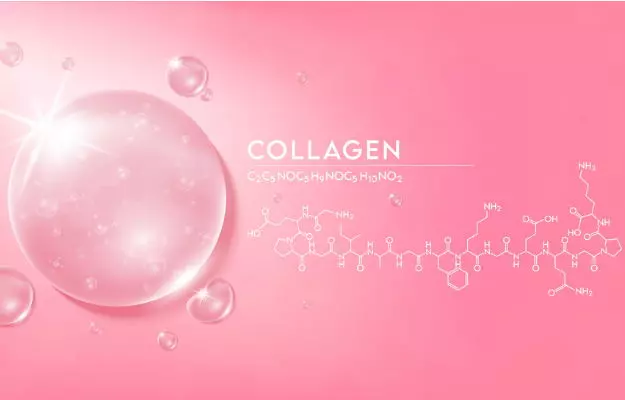We all want to post photographs on social media where we have healthy-looking skin and lustrous hair - even without using Instagram-filters. Happily, there are many ways to move closer to this goal IRL today.
Of course, your genes have a huge role to play in the type of skin and hair you have and how well you age. But apart from this, there's a lot you can do to achieve healthier hair, skin and body. For example, in the 20th century, scientists discovered the structure of a protein called collagen. They also researched its role in keeping your hair healthy, your skin supple and your bones strong. More recently, collagen supplements for hair and skin have become widely available in pill, powder and cream form.
But should you opt for these supplements? Or are there dietary sources of collagen that you can use instead of pills, powders and creams? What is collagen anyway? And what does it actually do for the skin and hair? Are there other anti-ageing benefits of collagen, too? Who can benefit from collagen supplements? Read on to know.













